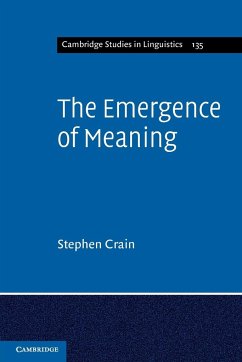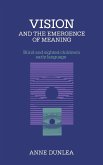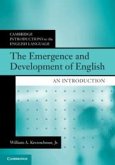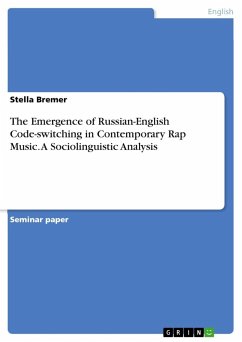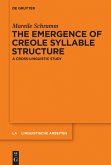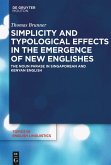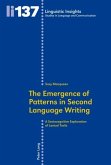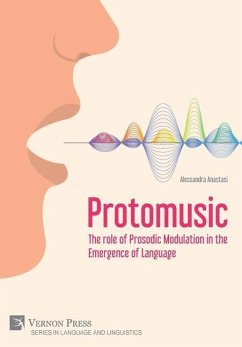Over the past forty years, scientists have developed models of human reasoning based on the principle that human languages and classical logic involve fundamentally different concepts and different methods of interpretation. In The Emergence of Meaning Stephen Crain challenges this view, arguing that a common logical nativism underpins human language and logical reasoning. The approach which Crain takes is twofold. Firstly, he uncovers the underlying meanings of logical expressions and logical principles that appear in typologically different languages - English and Mandarin Chinese - and he demonstrates that these meanings and principles directly correspond to the expressions and structures of classical logic. Secondly he reports the findings of new experimental studies which investigate how children acquire the logical concepts of these languages. A step-by-step introduction to logic and a comprehensive review of the literature on child language acquisition make this work accessible to those unfamiliar with either field.
Hinweis: Dieser Artikel kann nur an eine deutsche Lieferadresse ausgeliefert werden.
Hinweis: Dieser Artikel kann nur an eine deutsche Lieferadresse ausgeliefert werden.
'This careful and sophisticated study provides powerful empirical evidence, from many sources, for logical nativism, the thesis that human languages make use of the logical concepts and laws of classical logic, and that these are contingent facts that are not learned and not required for a rational creature. It extends the conclusion to other aspects of natural language, its acquisition and use. The conclusions are compelling, and of great import for linguistics, philosophical logic, and psychology of language and mind quite generally.' Noam Chomsky, Massachusetts Institute of Technology

